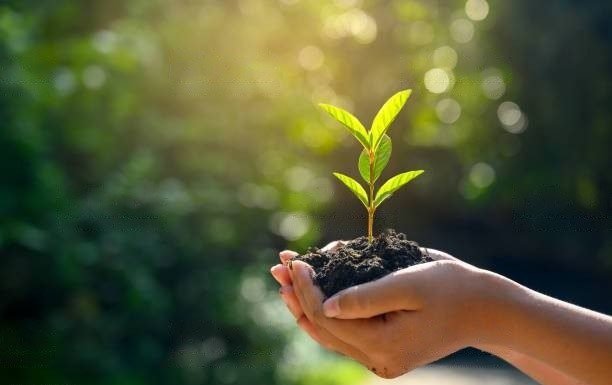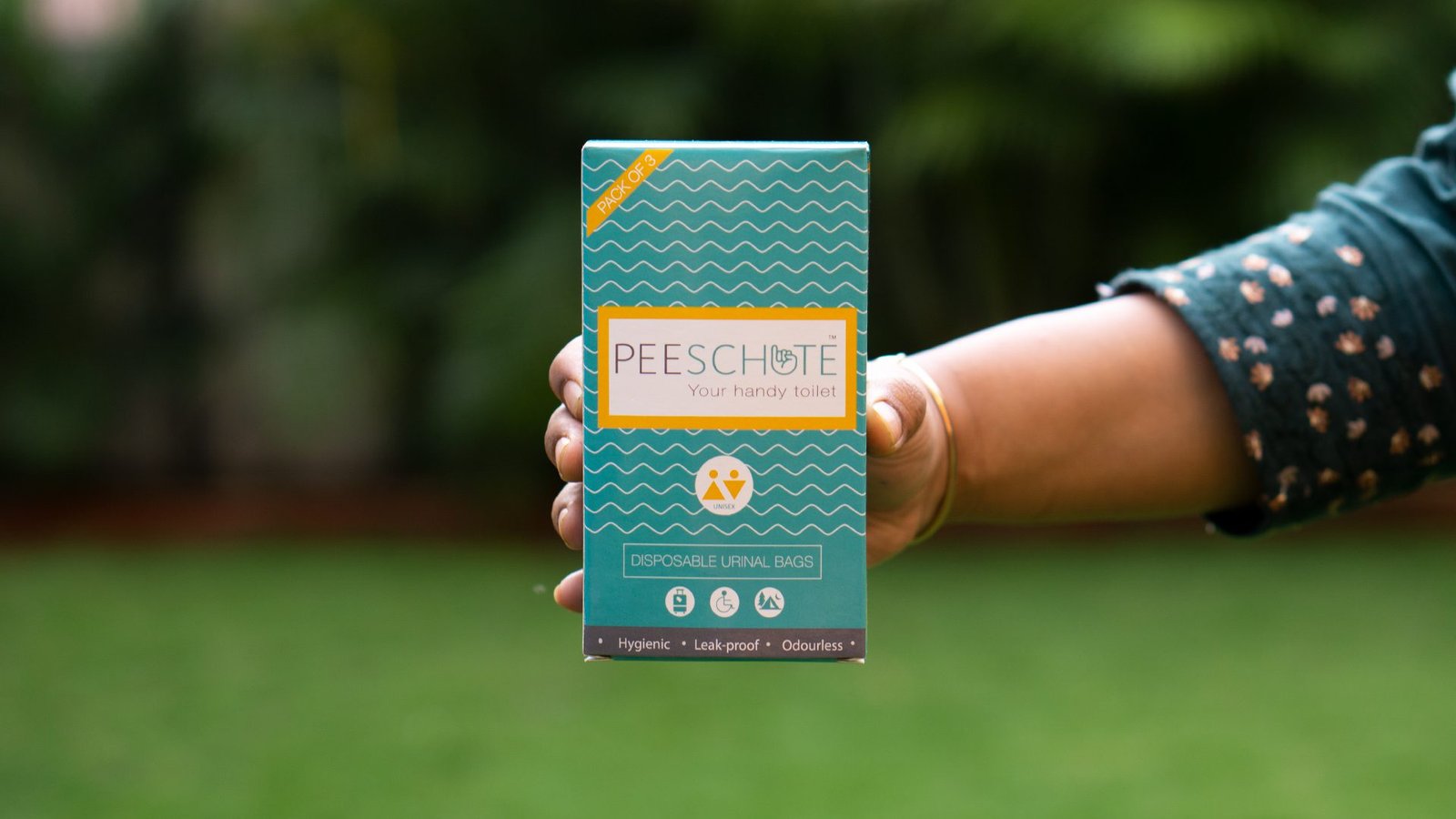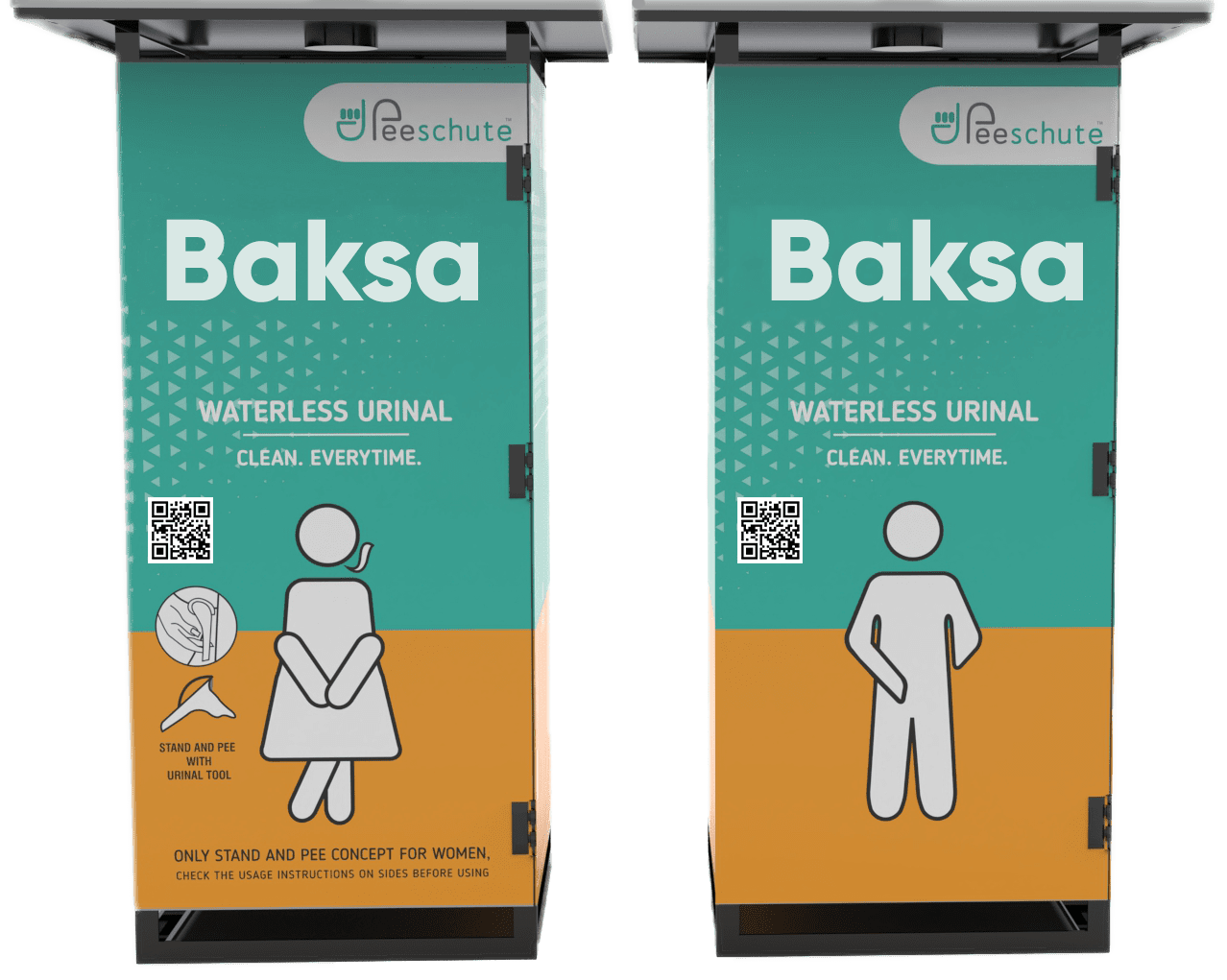
Peecycling: The Sustainable Solution to Fertilizer Shortages and Water Pollution
Introduction
With the world’s population rapidly growing, there has been an increasing demand for food production, which in turn, puts pressure on farmers to produce more crops. This has led to an over-reliance on chemical fertilizers, causing negative effects on the environment, including soil degradation, water pollution, and greenhouse gas emissions. However, an innovative solution has emerged that has the potential to address these problems – peecycling.
Peecycling is a process that involves the recycling of urine to be used as fertilizer, thereby reducing the need for chemical fertilizers. In this article, we will explore how peecycling can be a sustainable solution to fertilizer shortages and water pollution. We will also discuss the benefits and advantages of using this innovative method.
Benefits of Peecycling
Peecycling has many benefits, including:
Reducing water pollution: Urine contains nitrogen, phosphorus, and potassium, which are essential nutrients for plant growth. However, when these nutrients are overused, they can cause water pollution. Peecycling helps reduce water pollution by reducing the amount of chemical fertilizers that are needed.
Decreasing greenhouse gas emissions: The production of chemical fertilizers contributes to greenhouse gas emissions. Peecycling reduces the need for chemical fertilizers, which helps reduce greenhouse gas emissions.
Conserving water: The production of chemical fertilizers requires large amounts of water. Peecycling reduces the need for chemical fertilizers, which in turn reduces the amount of water needed.
Improving soil health: Chemical fertilizers can degrade soil quality over time, while urine contains organic matter that can improve soil health.
Advantages of Peecycling
Peecycling has many advantages, including:
Easy to implement: Peecycling can be easily implemented by anyone, as urine is readily available and can be collected using simple systems such as urine-diverting toilets.
Cost-effective: Peecycling is a cost-effective alternative to chemical fertilizers, as urine is a free resource that is readily available.
Reducing waste: Peecycling helps reduce waste by repurposing urine, which would otherwise end up in wastewater treatment plants or landfills.
Supporting local food production: Peecycling can support local food production by providing a sustainable source of nutrients for crops.
Peeschute: A Leader in Peecycling
Peeschute is a revolutionary portable toilet brand from Maharashtra, India, that is 95% free from unpleasant odors. It is a unique concept designed for females with the idea of standing and peeing. The organization also works with researchers to study the environmental and economic benefits of peecycling and the best practices for processing and using urine as a fertilizer.
FAQs:
Q: Is using human urine as fertilizer safe?
A: Yes, using human urine as fertilizer is safe as long as it is properly processed and used according to regulations. Peecycling startups ensure that their products meet safety and quality standards before they are released to the market.
Q: How does peecycling help reduce water pollution?
A: When urine is flushed down the toilet and enters the sewer system, it contributes to nutrient pollution in our waterways. By processing urine, peecycling startups extract the valuable nutrients and keep them out of the sewer system, reducing the risk of corrosion and promoting healthier ecosystems.
Q: How does peecycling help address fertilizer shortages?
A: Urine contains valuable nutrients like nitrogen, phosphorus, and potassium, which are essential for plant growth. By processing urine, peecycling startups extract these nutrients and turn them into natural fertilizers that can be used to grow crops, reducing the need for synthetic fertilizers.
Q: How can I support the peecycling movement?
A: You can support the peecycling movement by spreading awareness about the benefits of using human urine as fertilizer and by purchasing peecycling products from startups that meet safety and quality standards.
Q: Are there any drawbacks to using human urine as fertilizer?
A: One of the drawbacks of using human urine as fertilizer is the potential for contamination with harmful substances like pharmaceuticals and heavy metals. However, peecycling startups use advanced processing technologies to ensure their products are safe and meet regulatory standards.
Q: Does peecycling have any disadvantages?
A: Peecycling does have some disadvantages, including the potential for odor and the need for storage containers. However, these issues can be addressed through proper management and maintenance







